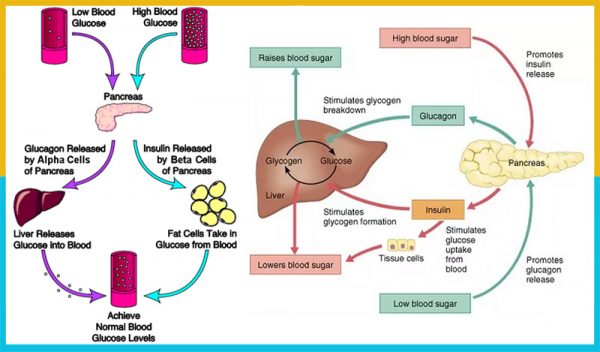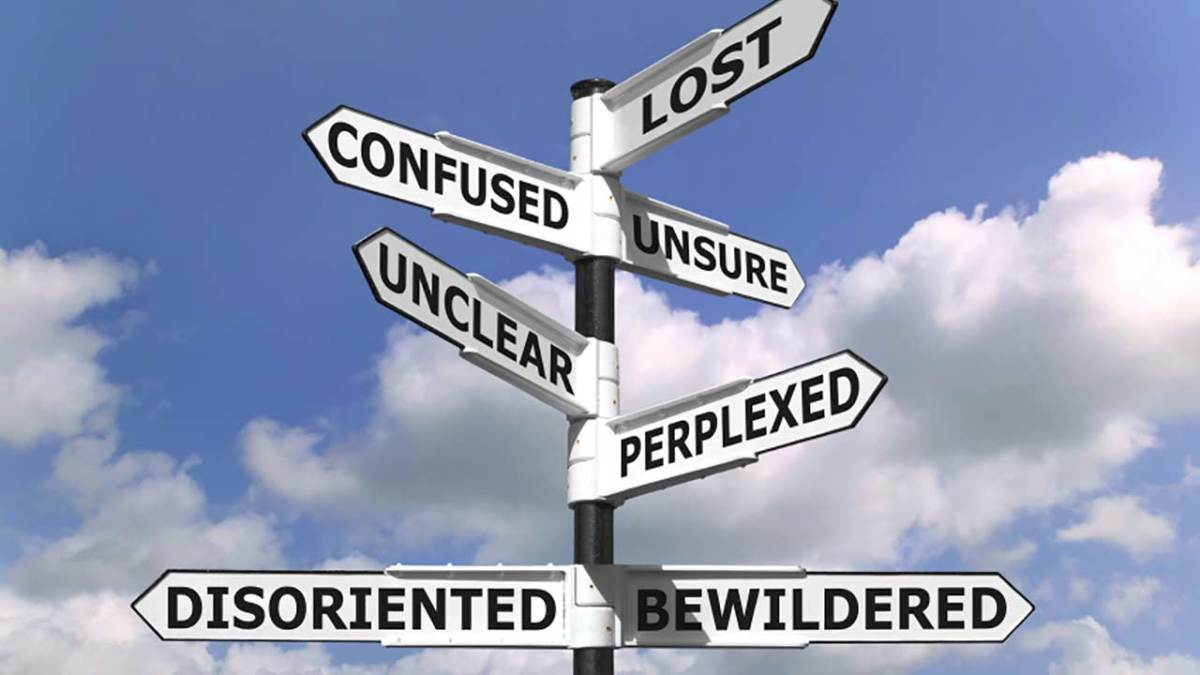how often to check blood sugar with hypoglycemia Hypoglycemia or low blood sugar level: causes, symptoms, and management
Hey there! Today, let’s dive into the intriguing topic of hypoglycemia, also known as low blood sugar levels. It’s crucial to understand the causes, symptoms, and management of this condition to stay healthy and well-informed about our bodies.
Hypoglycemia: A Brief Overview
Hypoglycemia occurs when the glucose levels in our blood drop below the required amount. It can be a result of various factors, such as excessive insulin production, medication side effects, or even some health conditions.
 Let’s take a closer look at the common symptoms associated with hypoglycemia:
Let’s take a closer look at the common symptoms associated with hypoglycemia:
Warning Signs of Hypoglycemia
If you experience any of the following symptoms, it’s essential to check your blood sugar levels and seek appropriate care:
- Feeling lightheaded or dizzy
- Experiencing sudden hunger pangs
- Becoming irritable or anxious
- Sweating profusely
- Experiencing blurred vision
 While recognizing the symptoms is crucial, understanding how to manage hypoglycemia is equally important. Here are some effective ways to keep your blood sugar levels on track:
While recognizing the symptoms is crucial, understanding how to manage hypoglycemia is equally important. Here are some effective ways to keep your blood sugar levels on track:
Managing Hypoglycemia: Tips and Tricks
1. Eating Regular and Balanced Meals: Ensure that your meals include a healthy balance of carbohydrates, proteins, and fats. Stay away from sugary snacks that can cause your blood sugar levels to fluctuate rapidly.
2. Staying Hydrated: Drinking an adequate amount of water every day helps maintain stable blood sugar levels. It’s advisable to avoid sugary sodas and opt for water instead.
3. Regular Exercise: Engaging in physical activity can improve your body’s insulin sensitivity and help regulate blood sugar levels effectively. Remember to consult your doctor before starting any exercise routine.
4. Monitoring Blood Sugar Levels: Regularly check your blood sugar levels as advised by your healthcare provider. This will help you stay proactive about any changes and enable you to take necessary measures promptly.
5. Medication Management: If you have diabetes or any other medical condition that requires medication, it’s crucial to adhere to your prescribed treatment plan and consult your healthcare provider for any adjustments.
By adopting these management strategies, you can take charge of your health and minimize the risk of hypoglycemia.
Remember, this information is for educational purposes, and it’s always vital to consult a healthcare professional for personalized advice tailored to your specific needs.
Stay informed, stay healthy!
If you are looking for Hypoglycemia - Causes , Types, Risk Factors - Star Health you’ve visit to the right page. We have 5 Pictures about Hypoglycemia - Causes , Types, Risk Factors - Star Health like When Should I Check My Blood Sugar? | HubPages, Hypoglycemia (low blood sugar) - what it is, symptoms | Dr. Joanna and also Hypoglycemia - Causes , Types, Risk Factors - Star Health. Here it is:
Hypoglycemia - Causes , Types, Risk Factors - Star Health
 www.starhealth.inWhat Is Symptom Of Low Blood Sugar Or Hypoglycemia - H-For HEALTH.com
www.starhealth.inWhat Is Symptom Of Low Blood Sugar Or Hypoglycemia - H-For HEALTH.com
 h-forhealth.blogspot.comglucose hypoglycemia glucagon symptom insulin hyperglycemia
h-forhealth.blogspot.comglucose hypoglycemia glucagon symptom insulin hyperglycemia
When Should I Check My Blood Sugar? | HubPages
 hubpages.comhypoglycemia
hubpages.comhypoglycemia
Hypoglycemia (low Blood Sugar) - What It Is, Symptoms | Dr. Joanna
 dr-joanna.comhypoglycemia joanna
dr-joanna.comhypoglycemia joanna
Hypoglycemia Or Low Blood Sugar Level: Causes, Symptoms, And Management
 fitpage.inHypoglycemia (low blood sugar). What is symptom of low blood sugar or hypoglycemia. Hypoglycemia joanna
fitpage.inHypoglycemia (low blood sugar). What is symptom of low blood sugar or hypoglycemia. Hypoglycemia joanna